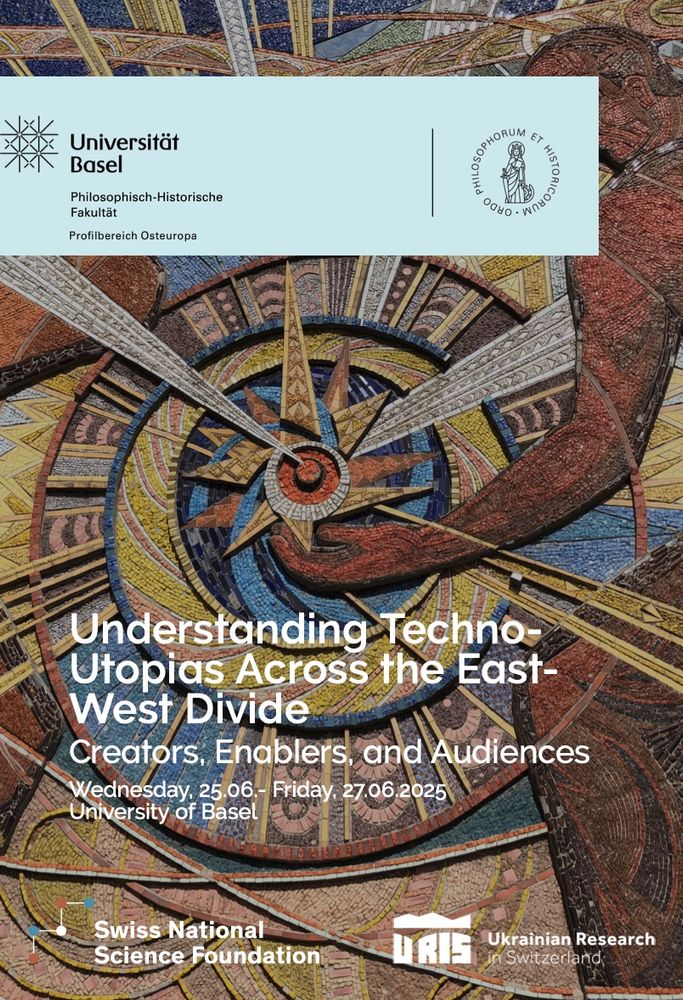CfP: Comment enseigner le genre en médecine et santé ? Enjeux méthodologiques et défi de l'interdisciplinarité
CfP: How to teach gender in medicine and health? Methodological issues and the challenge of interdisciplinarity
As part of PNR83 Gender and Clinical Practice: an Interdisciplinary Exploration of Clinical Cases we are pleased to share this call for papers with you.
In the second half of the 20th century, the introduction of the concept of gender into the social sciences and humanities and into medical sciences (Money, 1955; Stoller, 1968; Oakley, 1972) restored complexity to the concept of sex, while producing ambivalent ePects, notably the creation of a sex/gender dyad and a divide between the biological and the social (Löwy, 2003; Fassin, 2008). Among the diPerent uses of gender in health, we can identify distinct traditions: French-speaking gender studies, which prefer to talk about “gender, sex, and sexualities” (Dorlin, 2008); social epidemiology, which considers gender as a social determinant of health (Miani et al., 2021); “gender medicine,” which uses the concepts of gender/sex and gender bias (Lippi et al., 2020; Peters and Woodward, 2023); “Geschlechtersensible Medizin” in Germany, which uses the concept of gender without naming it because it is considered too controversial (Dunkel and Seeland 2024); the “Sex as a biological variable” approach, which stems from the mandate of the US OPice of Research on Women's Health (ORWH) and sometimes tentatively incorporates the concept of gender. These approaches often overlap, thus hybridizing the uses of these concepts.
Furthermore, some propose using the concept of intersectionality to include other social dimensions – e.g. social class, ethnicity, age – that shape the ePects of gender on health (Subramaniapillai et al., 2024), while others address the social complexity of the concept of gender (Pape et al., 2024). Some describe the risk of limited use of gender restricted to gender identity at the expense of the structural and systemic dimensions of gender (Göttgens and Ortelte-Prigione, 2023).
The epistemological heterogeneity of concepts makes dialogue between healthcare professionals and between scientific disciplines diPicult, if not problematic, reinforcing new stereotypes in research, clinical practice, and teaching. In the medical field, despite critical discussions about the distinction between sex and gender, this distinction tends to be maintained, despite the notions being sometimes conflated, and it is often diPicult to operationalize discussions about the sex/gender system in research and teaching. Historian Joan W. Scott prophetically predicted with concern the end of gender as a critical tool (Scott, 2011; Arena, 2021): have we reached the phase of gender dystopia?
However, interdisciplinary dialogue is necessary in order to teach healthcare professionals about gender and social inequalities in health, and this requires the social sciences and humanities and medicine to adapt their concepts to some extent and be open to compromise to promote dialogue. How can teaching practices be harmonized without establishing a truth regime about gender?
Gender, gender identity, and LGBTQIA+ issues
In biomedical research, the concept of gender is often reduced or confused with that of gender identity. Gender identity is also often understood as referring mainly to women, transgender, andnon-binary individuals, and by extension to sexual minorities. The individualized conception of gender risks overlooking the social components of gender and medicalizing sexuality.
The concept of “gender identity” has gradually shaped the way we think about gender, producing a paradoxical ePect: the confusion between the concepts of gender and gender identity promotes the stereotype that gender issues are produced by modern societies and are not key concepts for health. In this case, the concept of gender is rendered invisible by the categorization of a group that is otherwise classified as a minority.
Gender as a social determinant of health is rarely addressed in education, and social inequalities in health are treated separately. The injunction to teach gender in medical schools is leading to a new medicalization of sexuality.
So what does it mean to address gender in medicine? How does teaching gender in medicine?
Training teachers on gender issues: an overlooked issue
Teaching gender issues in medical schools and faculties remains dependent on individual and local institutional initiatives (Plaquevent, 2024; Legros-Lefeuvre et al 2021). In France, this teaching is mainly entrusted to scientists from the social sciences and humanities, while in Switzerland it is largely carried out by clinicians. Teacher training in gender issues is not institutionalized, and anyone who is sensitized to the issues and well-intentioned can teach gender in medical schools. However, existing research on gender education in medicine suggests that teachers may transfer gender bias, or that male teachers may be less enthusiastic about incorporating these issues into their teaching programs (Risberg et al., 2019). Surveys of medical students have shown that male students tend to adopt a more stereotypical way of thinking and are less sensitive to gender issues (Andersson et al., 2012; Rrustemi et al., 2020). They show less interest in courses that address these issues in the field of health (Böckers et al., 2019).
Other research, adopting a reflexive methodology, shows that social class adds an element of analysis that must be considered (Arena et al., 2023).
What teaching initiatives exist today in medical schools? What are the institutional constraints on the implementation of gender education in medicine?
This call is open to any person involved in health or medical education. We strongly aim to promote a multi-discipline dialogue to collectively reflect on needs and best practices to teach about gender in health and medicine.
Scientific Committee: Francesca Arena, iEH2, UNIGE; Blanche Plaquevent, LERMA, AixMarseille University; Eléonore Crunchant, Unisanté & University of Lausanne; Joëlle Schwarz, Unisanté & University of Lausanne.
Proposals: November 14, 2025: one page, including a short biography.
All languages are accepted.
CC to:
[email protected],
[email protected]
[email protected]
[email protected]
Selection: December 8, 2025.
Organisiert von
University of Geneva
CS
08. Oktober 2025
Anhang
Call for Papers













